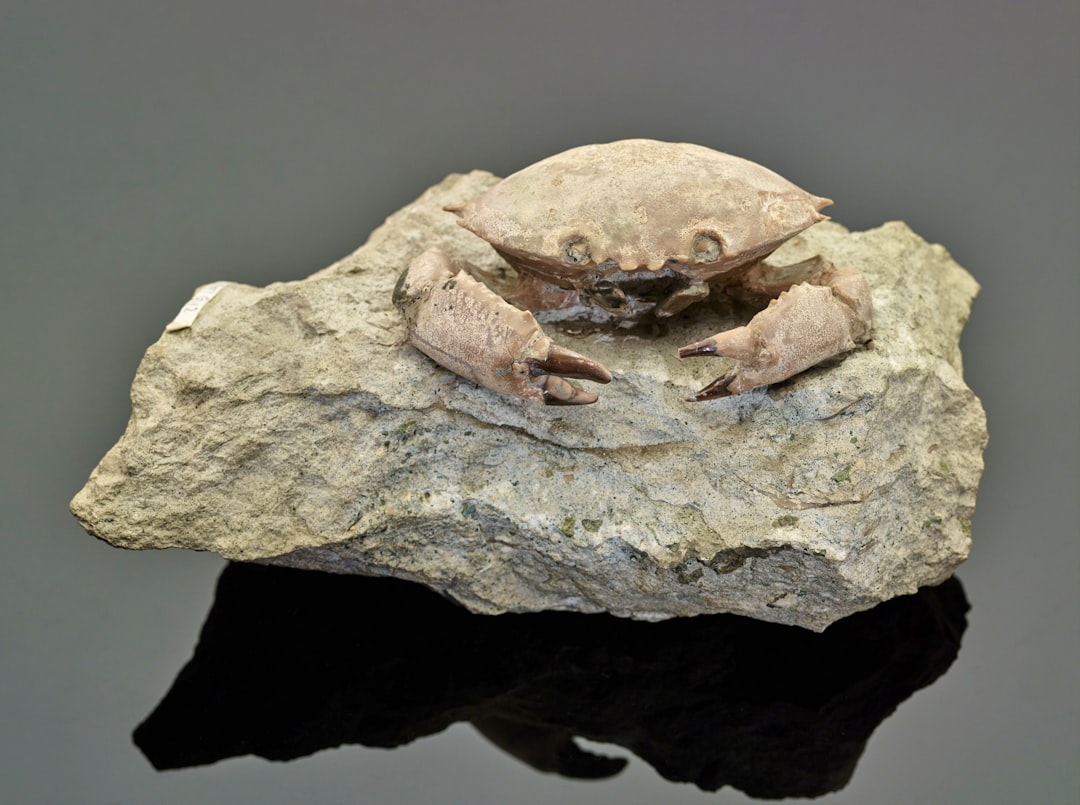
The number of workers or laborers in the oil palm plantation sector is very large. Suppose palm oil companies implement business practices that are responsive to social issues, including employment and the environment; the palm oil industry can improve Indonesia's economic conditions in a beer and sustainable way. However, the situation on the ground is often different. According to the International Labor Organization (ILO), 281 million workers live in extreme poverty in developing countries such as China, India, Malaysia, and Thailand. There are 16 million workers in the palm oil supply chain in Indonesia alone, of which 3.78 million are plantation workers.
An investigative report published by The Associated Press said that almost all workers in Malaysian and Indonesian palm oil plantations complained about the company's treatment of them. Some stated that they felt cheated, threatened, detained against their will, or forced to pay off debts they could not settle. Some workers report that they are regularly harassed by the authorities, transported in raids, and held in government facilities (AP, 2020).
Certainly, palm oil business practices cannot be separated from financing or investment support. Financial institutions or investors have a relationship and are also responsible for funding business practices, including the palm oil industry. In this context, the Financial Services Authority (OJK) has published the Book of Credit/Financing for the Plantation and Palm Oil Industry (2019). This publication aims to improve the banking/finance industry's understanding of the palm oil business process. With the issuance of this publication, it is hoped that the distribution of credit/financing in the palm oil industry can run with low risk and pay close attention to environmental, social, and good governance (LST) aspects. The aspect of protection for palm oil workers is regulated in the manual. However, many banks and financial institutions still provide credit to palm oil companies without considering the practices of palm oil companies that ignore their workers' welfare.
Even though employment problems always arise from me to me, Domestic and foreign financial institutions or banks are still not concerned with protecting palm oil industry workers in the credit disbursement process. The world's top financial institutions such as Deutsche Bank, BNY Mellon, Citigroup, HSBC, and Vanguard Group continue to pour their investments into palm oil companies; therefore, palm oil production exploded globally from just five million tons in 1999 to overwhelming 72 million tons in 2020. Even the US government noted that there had been a 900 percent surge in palm oil demand over the last seven decades (AP 2020).
On World Labor Day 2021, the Coalition for Palm Oil Workers asks the Indonesian government to prioritize oil palm plantation workers' protection, safety, and welfare. The Palm Oil Workers Coalition views that the government is still ignorant of the conditions and fate of the palm oil plantation workers. While on the other hand, the government is very "generous" towards the palm oil industry players.
This study aims to closely examine the problems that occurred to labor workers, especially in oil palm plantation areas in West Kalimantan and Central Sulawesi. In addition, this study also seeks to track financial flows to companies that becoming the object of the study as an example of a case study that can complement the bank rang assessment that Responsibank Indonesia has carried out. It is hoped that this study will become one of the pieces of evidence for policymakers, business actors in the palm oil sector, and palm oil workers' organizations to take cooperative steps to improve the conditions of workers or laborers in the oil palm plantation sector.



